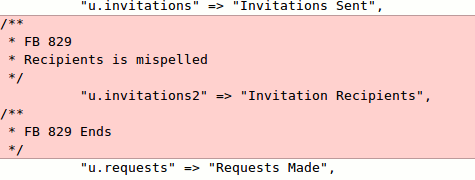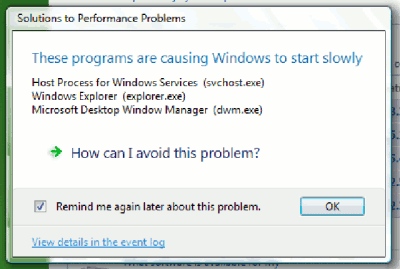Today there was a rousing discussion on Slashdot about the search for extraterrestrial intelligence (SETI) and whether it’s “worth it”.
One of the most insightful comments was this:
SETI is a binary solution set. Until or unless SETI finds a transmission, it will have made no progress in finding one, only in not finding one.
However, once it finds one, numerous benefits accrue; some certain, some with varying degrees of probability.
First of all, we learn that we’re not alone, that we’re not unique. Numerous modes of thinking posit that we are alone, or not, and those modes will receive solid underpinnings instead of speculation. This has general value for future inferences, even for current inferences where confirmation agrees. Like most of science, where this may lead may not be immediately obvious, but again like most of science, the odds are high that it will lead somewhere productive. And this consequence is certain. For instance, it would mean a great deal to me to have something I consider to be extremely likely but impossible for me to personally confirm, confirmed by objective facts.
Second, it will have identified one of two things for us: either we have revealed a civilization that is just going through radio and is feeling pretty confident about itself and others, or it will have revealed a civilization that is much further along, and is interested in contact. The former would be a pretty huge coincidence, because broadcast radio is inefficient (witness our going to cable to preserve bandwidth, optical to increase it, satellite to ground to bolster reliability and coverage, various beam methods like lasers and tight focus radio to save energy and achieve reliability), so the odds strongly favor the latter– the 100-year-or-so window we used broadcast radio is closing as we consider this today. So most likely, we’ll have found life that is much further along than we are technologically, and looking for other life. It isn’t a huge stretch to assume that such a find would come hand in hand with new technology for us. After all, if they want us to hear them, either they want to talk, or they want to get rid of us. It seems like a lot of work to try to get rid of things you don’t even know are there, doesn’t it? Inefficient. And it doesn’t fit the mold… if they’re worried about us, then letting us know they are there in such a way that they can’t tell if we know or not is imprudent. So again, the odds fall on the side of life that can and is willing to benefit us.
Third (and we’re getting lower on the probability scale here) the transmission itself may contain immediately useful information for us. It could be anything. Make widgets like this. Don’t go to the 3rd planet of Beta Centauri. Cut it out with the nukes, idiots. Efficient space drive drive works like so. 42.
Lastly, and least likely, we could be handed a paradigm shift. Antigravity. FTL travel of any flavor. Additional physics. How to clean up our atmosphere. Things we cannot even vaguely imagine.
All of these things only require reception. If we add transmission back to a known source of an intelligent signal, now we’re talking interaction. That could be wild as well.
There may be gold mines for linguistics; for biology; for physics and all the sciences that are really corners of physics (chemistry, electronics, nuclear, etc.)
And in the meantime, SETI does something else for us. It serves as a focal point for a certain type of hope, a bright optimism, that I would really rather not see go away.
Amen, brother. SETI consumes a miniscule fraction of the money spent on worthless pursuits like warfare, and moreover it’s an entirely private effort– no government contribution at all, and thus no reason for people to gripe about the misuse of their taxes. As someone who has contributed over 14 years of computing time to the SETI@Home project, I’m very much in favor of continuing The Search.







